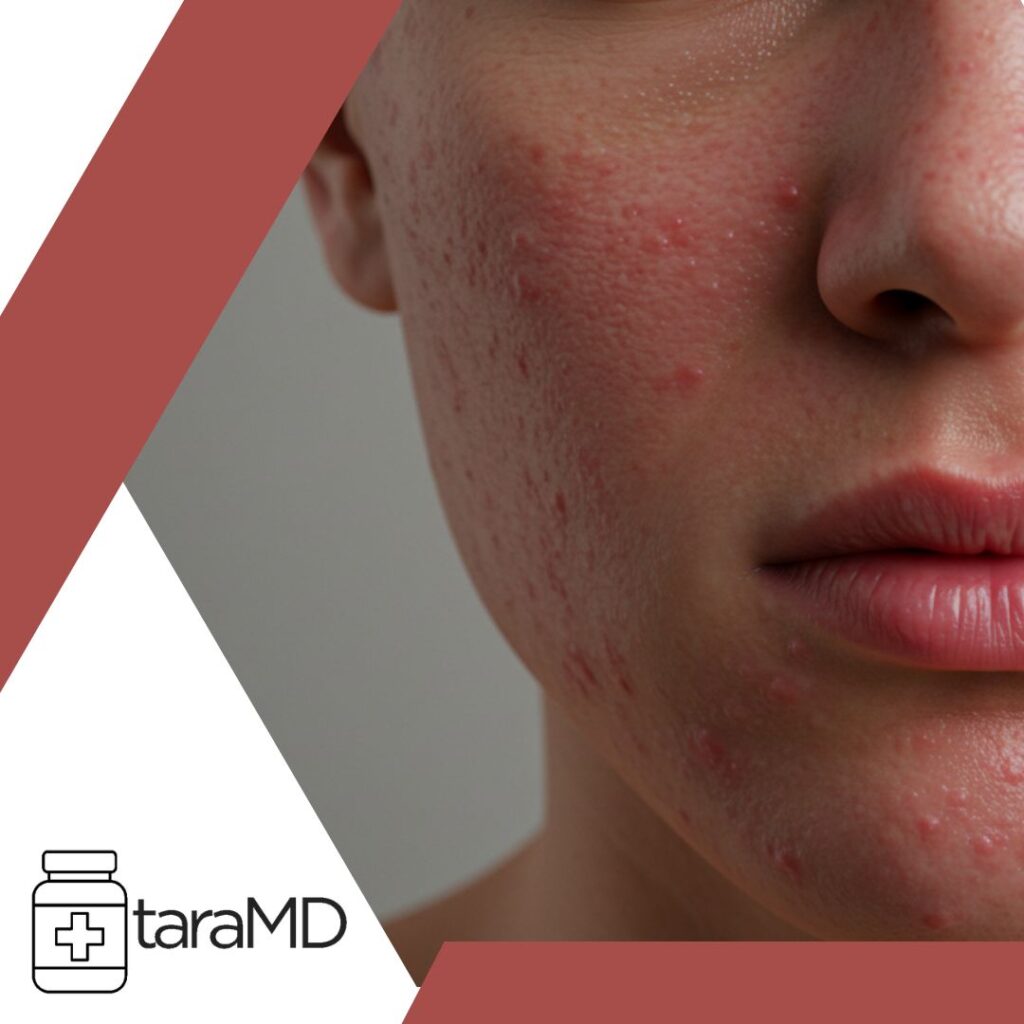Few skin concerns are as common—or as frustrating—as acne. While diet, stress, and skincare routines can influence breakouts, hormones play one of the biggest roles in why acne develops in the first place. Understanding the connection between hormones and acne is essential for finding effective solutions, whether you’re a teenager dealing with your first pimples or an adult experiencing persistent breakouts.
How Hormones Trigger Acne
Hormonal fluctuations stimulate the sebaceous (oil) glands in the skin. When the body produces too much sebum, pores can become clogged with oil, dead skin cells, and bacteria, leading to inflammation and breakouts. This is why acne is so common during puberty, when levels of androgens (male hormones present in both men and women) surge. For women, hormonal acne can also appear around menstruation, pregnancy, or menopause, when estrogen and progesterone levels shift.
Signs of Hormonal Acne
Not all acne is hormone-related, but certain patterns make it easier to identify. Hormonal acne often appears on the lower face, particularly around the jawline and chin. Breakouts may be deeper, more painful cysts rather than small whiteheads or blackheads. Many people also notice flare-ups that occur cyclically, especially around their monthly cycle.
Treatment Options for Hormonal Acne
Fortunately, there are effective ways to manage acne caused by hormones. Dermatologists often recommend:
- Topical Retinoids: These help unclog pores and promote healthy cell turnover.
- Oral Medications: Birth control pills or anti-androgen drugs, such as spironolactone, can regulate hormone levels in women.
- Isotretinoin: Reserved for severe cases, this medication reduces oil production and can provide long-term results.
- Lifestyle Adjustments: Stress management, a balanced diet, and proper skincare can also reduce hormonal breakouts.
Because hormonal acne often resists over-the-counter treatments, consulting a dermatologist ensures a tailored approach that targets the root cause.
Taking Control of Hormonal Breakouts
Acne is more than just a surface-level issue—it’s often a reflection of internal hormonal activity. By understanding the link between hormones and acne, you can make better choices about treatment and prevention. If you suspect your breakouts are hormone-driven, don’t rely solely on trial-and-error skincare. Instead, seek professional guidance. With the right combination of medical treatment and lifestyle changes, achieving clearer, healthier skin is possible.

